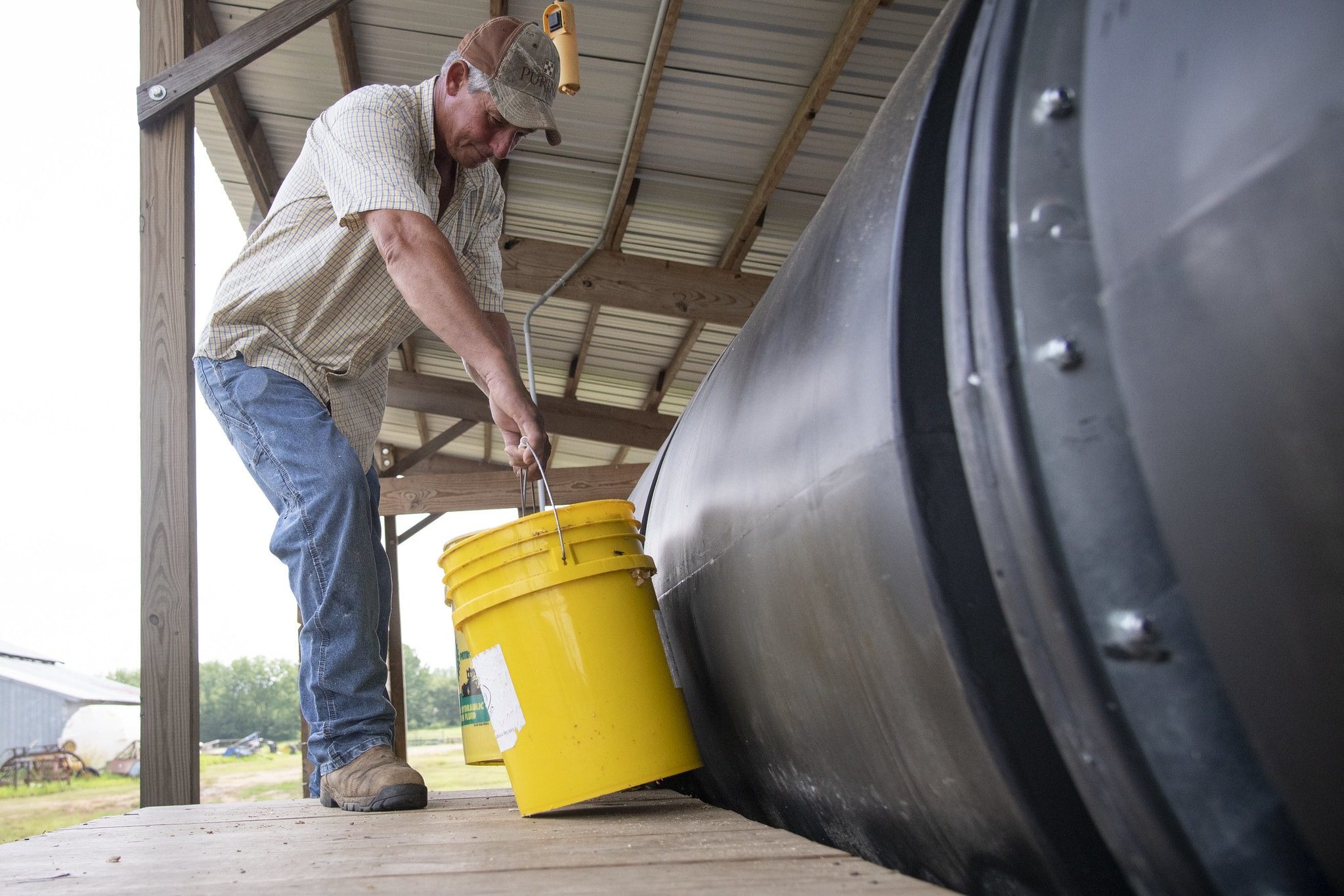EU delays chemical labelling requirements to 2028 amid business concerns

Business
EU ministers have formally approved a delay to several upcoming obligations under the Classification, Labelling and Packaging (CLP) Regulation, pushing key application dates to 1 January 2028. The decision aims to reduce immediate pressure on companies following concerns about the scale and complexity of the 2024 revisions to the regulation.
The amendment, informally referred to as the “stop-the-clock” measure, forms the first element of the European Commission’s wider Omnibus VI package introduced in July 2025. Given the potential impact on industry—particularly small and medium-sized enterprises—the Danish EU Council Presidency fast-tracked the proposal. It has been adopted without modification.

By extending the transition period, the new regulation is intended to offer businesses greater clarity and additional time to comply. It also provides breathing room for EU co-legislators as they continue negotiations on the second part of the Omnibus VI package, which includes broader reforms to the CLP framework. Member states agreed their negotiating position on that section on 5 November 2025.
Marie Bjerre, Minister for European affairs of Denmark, said: The EU’s chemical sector is a cornerstone of Europe’s economy, driving innovation, growth and thousands of high-value jobs across the internal market. With today’s stop-the-clock-adoption, we ensure time and legal certainty for businesses while we make the necessary simplifications that will strengthen the sector’s competitiveness and maintain high standards of safety.
The postponement covers a range of obligations, including transitional rules for re-labelling, mandatory label formatting, advertising requirements, distance-selling provisions, and fuel-pump labelling. These elements were originally set to apply between July 2026 and January 2027, timelines that industry groups had warned were difficult to meet.
The new 2028 deadline is expected to ease regulatory pressure while discussions on the remaining CLP updates continue.
Related News
-
Supplier News
Tadbik offers flexible RFID labelling solutions for challenging applications
-
Supplier News
Calcium chloride desiccants: Why SUPER DRY leads the way
-
Business
France faces legal action over national waste sorting labels
-
Sustainability
Switzerland introduces animal welfare labelling for food products
-
Business
Industry coalition urges EU to rethink approach to waste sorting labels




